Discover innovative off-grid power solutions for RV enthusiasts. Learn about solar panels, generators, and battery systems that enhance travel freedom and sustainability. These solutions are ideal for adventurers seeking independence on the road.
The allure of the RV lifestyle lies in its promise of freedom and adventure. More than ever, RV enthusiasts are exploring sustaining this freedom by transitioning from traditional grid power to more autonomous, off-grid solutions. This shift is motivated by several compelling advantages: significant improvements in energy efficiency, a substantial reduction in carbon footprint, and complete independence from unreliable fossil fuels. This introduction will explore how these off-grid solutions support the nomadic lifestyle and promote a greener, more sustainable way of living on the road.
Understanding Off-Grid Power Sources
The Basics of Off-Grid Energy
The move from reliance on grid power to adopting off-grid energy systems marks a significant shift in how RVs consume and manage power. Off-grid power solutions, particularly those harnessing renewable resources, represent a pivotal shift toward sustainability. This section introduces clean energy alternatives, focusing on their role in reducing dependence on non-renewable energy sources and enhancing the self-sufficiency of RV enthusiasts. The basics of solar, wind, and hydro energy solutions are discussed, emphasizing the practicality and accessibility of these technologies today.
Critical Components of Off-Grid Systems
Central to any off-grid energy system are the battery banks that store energy for later use. These systems are supported by crucial components such as inverters and charge controllers, which help manage the flow of electricity, ensuring that it is delivered in the right amounts and at the correct times. In particular, brands like LANPWR are at the forefront, offering high-quality, durable battery solutions specifically designed to meet the rigorous demands of off-grid RV living. This subchapter explains how these components work together to create a reliable and efficient off-grid power system.
Solar Energy as a Prime Solution for RVs
Why Choose Solar Energy?
Solar energy is growing in popularity among RV owners for its numerous advantages. As a clean and abundant resource, solar power stands in sharp contrast to the limited and environmentally damaging fossil fuels. This section explores the environmental and economic benefits of adopting solar energy:
- Sustainability: Solar energy is a renewable resource, reducing reliance on non-renewable energy sources.
- Reduction in Carbon Footprint: Utilizing solar power significantly lowers emissions compared to fossil fuels, helping to mitigate climate change.
- Non-Polluting: Solar panels produce electricity without emitting harmful pollutants into the atmosphere.

- Cost-Effectiveness: Despite the upfront installation cost, solar energy can lead to substantial long-term savings on energy bills.
- Increased Energy Independence: Solar power reduces dependence on grid power and fluctuating energy prices.
- Long-Term Savings: Solar systems' durability and low maintenance ensure savings over many years.
This section further examines how solar energy provides a limitless power source, available as long as the sun continues to shine, and the implications of this perpetual energy source for RV owners.
Types of Solar Solutions for RVs
RV owners can select from various solar solutions tailored to their specific needs. Options range from permanently installed systems integrated into the RV's structure to portable solar panels that can be adjusted to capture optimal sunlight. This subchapter elaborates on the importance of choosing high-quality solar setups for enhanced reliability and efficiency:
- Fixed Solar Systems: These are integrated into the RV and designed for durability and seamless operation.
- Portable Solar Panels: These allow flexibility in the placement, maximizing exposure to sunlight and enhancing energy collection.
- Assessment of Energy Needs: Understanding daily energy usage helps select the appropriate size and type of solar system.
- Lifestyle Considerations: The choice between fixed and portable systems may depend on travel patterns and space availability.
- Efficiency and Reliability: Investing in high-quality components ensures long-term energy autonomy and system reliability.
Setting Up Your Solar System
Planning Your Solar Installation
Effective planning is paramount when considering the installation of solar panels on an RV. This involves thoroughly assessing the available roof space to determine the spatial constraints and possibilities. Subsequently, an analysis of energy needs must be conducted. This analysis will aid in deciding the appropriate size and number of solar panels necessary to meet the energy demands of the RV. This section aims to guide the reader through an in-depth evaluation of their habitual energy consumption patterns. By understanding these patterns, one can tailor their solar setup to ensure it is both adequately powerful and efficient, thus guaranteeing that the system meets their needs without excessive waste or insufficiency.
Installing Solar Panels on Your RV
Installing solar panels is a critical endeavor that has substantial implications for both the efficiency and safety of your solar power system. This subchapter is designed to serve as an exhaustive, detailed guide to the installation process. It covers everything from choosing the appropriate panels and necessary components based on your specific needs to the actual procedures of mounting and wiring the panels on your RV. Additionally, this section provides essential tips for optimizing the performance of solar panels, ensuring that they deliver the maximum possible efficiency. Safety precautions during the installation process are also thoroughly discussed, providing RV owners with the knowledge needed to avoid common pitfalls and ensure a successful installation, ultimately leading to optimal outcomes for their solar system.
Battery Technology for Sustainable RV Living
Choosing the Right Battery
Selecting the appropriate battery is crucial for maximizing efficiency and longevity within an off-grid system. Lithium-ion batteries, offered by reputable brands such as LANPWR, are particularly advantageous for RV applications. These batteries boast a high energy density and superior efficiency, allowing for a smaller footprint with greater power output than traditional battery types.
Furthermore, they offer longer lifespans, reducing the need for frequent replacements and thereby enhancing sustainability. This section delves into the technical merits of lithium-ion batteries and discusses why they are becoming the preferred choice for those committed to sustainable RV living. It also highlights the cost-effectiveness over time and the environmental benefits of reducing waste and resource consumption.

Maintenance and Care of Battery Banks
Effective maintenance of battery banks is vital for sustaining their longevity and ensuring they perform optimally. This subchapter outlines the critical maintenance practices that should be regularly employed, such as conducting thorough check-ups to assess battery health and implementing proper storage techniques to prevent capacity loss when not in use. It also discusses the importance of temperature control and management systems to continuously monitor battery status.
Additionally, this section addresses the necessary safety precautions that should be observed to avoid accidents and potential hazards. By adhering to these guidelines, RV owners can safeguard the reliability and efficiency of their battery systems, thereby ensuring a safer and more sustainable energy solution for their off-grid needs.
Enhancing Energy Efficiency in RVs
Smart Practices for Energy Use
Optimizing the use of solar systems in recreational vehicles (RVs) extends far beyond the mere installation process—it necessitates a proactive approach to managing energy consumption efficiently. For RV enthusiasts keen on maximizing the potential of their solar systems, this section offers a series of practical guidelines designed to optimize energy usage. Key recommendations include:
- Utilization of Energy-Efficient Appliances: Invest in appliances designed to consume less energy. These appliances reduce overall power usage and ensure that the solar system is not overwhelmed by high energy demands.
- Regular Monitoring of Energy Usage: Keep a close eye on how much energy is consumed daily. Monitoring tools and apps can provide real-time insights into energy usage patterns, helping to identify areas where efficiency can be improved.
- Adjusting Consumption Habits: Adapt daily energy usage habits to align more closely with periods of higher solar production. This might involve scheduling energy-intensive activities, such as charging batteries or using large appliances, during peak sunlight hours.
These strategies enhance the efficiency of solar energy systems and contribute to the longevity and sustainability of RV power resources.
Advanced Technologies and Upgrades
As the field of solar technology and battery management continues to evolve, numerous innovative solutions are being developed that significantly enhance the efficiency and functionality of off-grid systems. This subchapter delves into the latest breakthroughs in solar technology and battery management systems, offering insights into how these advancements can be seamlessly integrated into existing setups. Key areas of focus include:
- Integration of Smart Solar Controllers: These devices optimize battery life and improve solar panel efficiency by intelligently adjusting the charge rates based on the amount of available sunlight and battery status.
- Upgrade to Lithium Batteries: Consider replacing older battery systems with lithium batteries, which offer greater efficiency, longer life spans, and higher tolerance to deep discharge cycles.
- Employment of Energy Management Systems: Advanced systems that automate energy allocation and prioritize usage according to available energy reserves and consumption patterns can significantly enhance the sustainability of solar-powered systems.
This comprehensive exploration of off-grid power solutions for RV enthusiasts has highlighted the practical advantages and the ecological significance of transitioning from conventional energy sources to cleaner, more sustainable alternatives, such as solar power. By embracing these innovative technologies, RV owners benefit from energy independence, liberating themselves from the constraints and variability of grid-supplied power. More importantly, this shift is not just about personal convenience or cost-savings; it plays a critical role in our collective efforts to reduce carbon emissions on a global scale. Adopting sustainable energy solutions like solar panels not only diminishes the reliance on fossil fuels but also promotes a healthier planet by significantly reducing the ecological footprint of recreational traveling. This movement towards sustainable energy use in RVs demonstrates a proactive commitment to environmental stewardship, reflecting a growing awareness and responsibility towards preserving our planet for future generations.
We invite all RV enthusiasts to consider the long-term benefits of installing solar panels and to explore high-quality solutions that can enhance their travel experience and environmental impact. For more detailed information on products, installations, and resources, please visit our comprehensive guide on embracing off-grid power solutions.

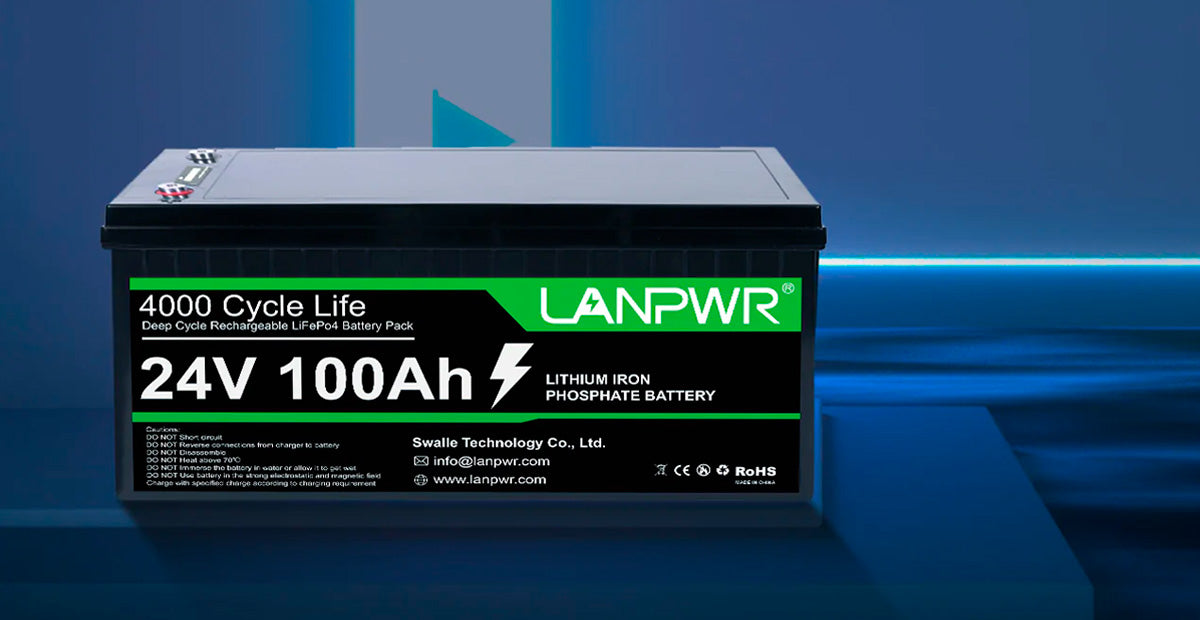
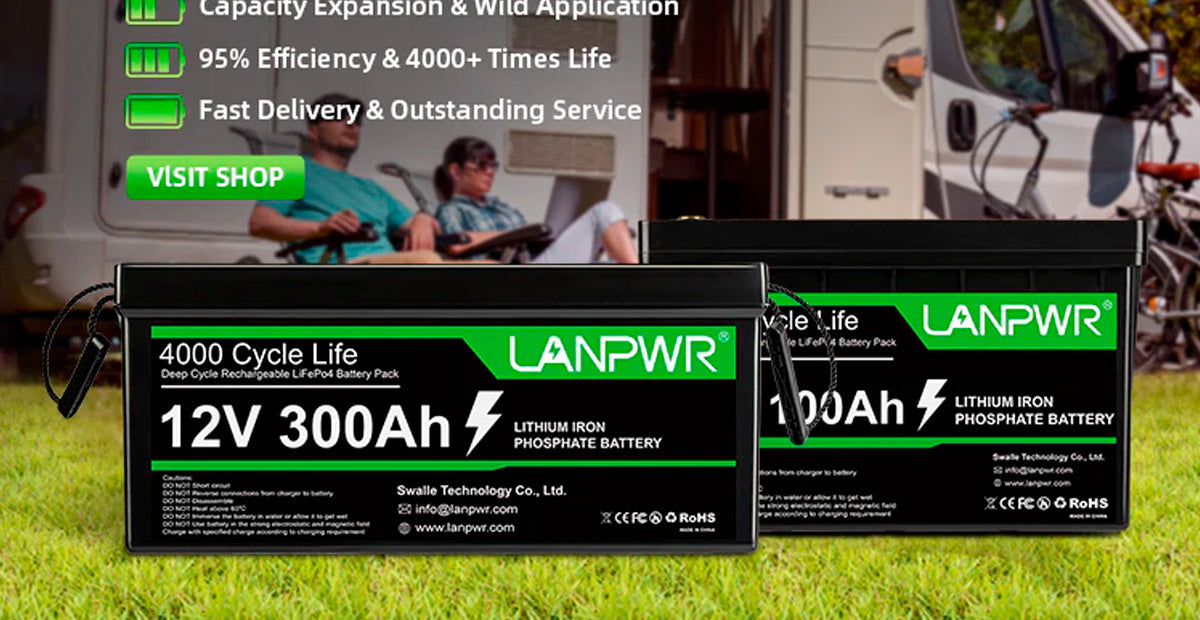
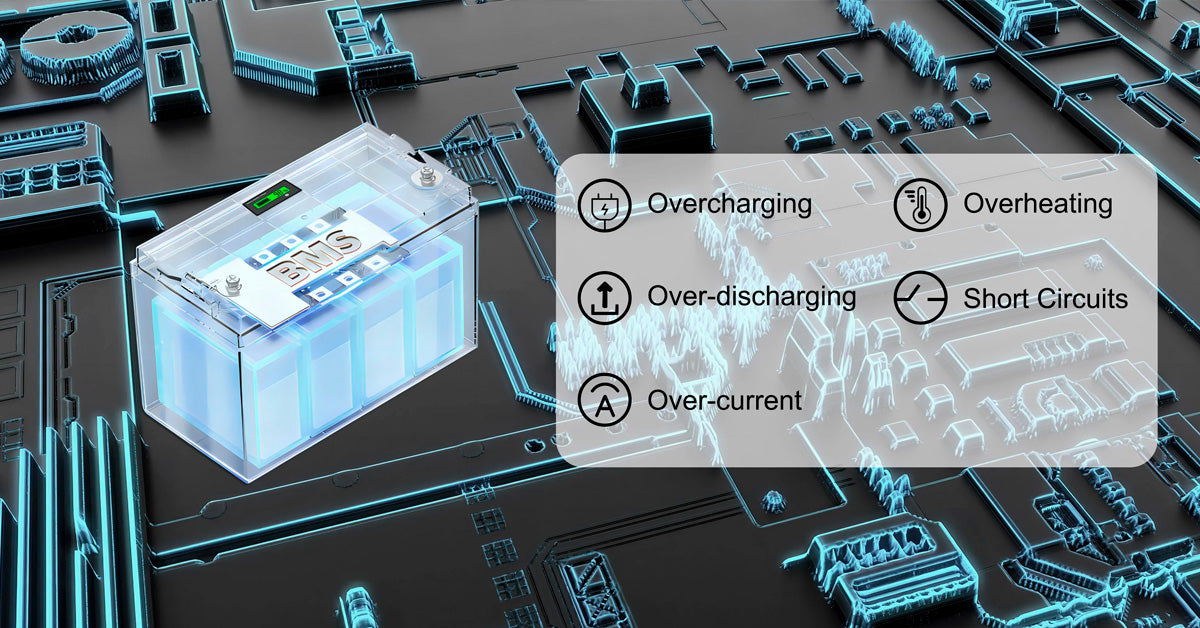


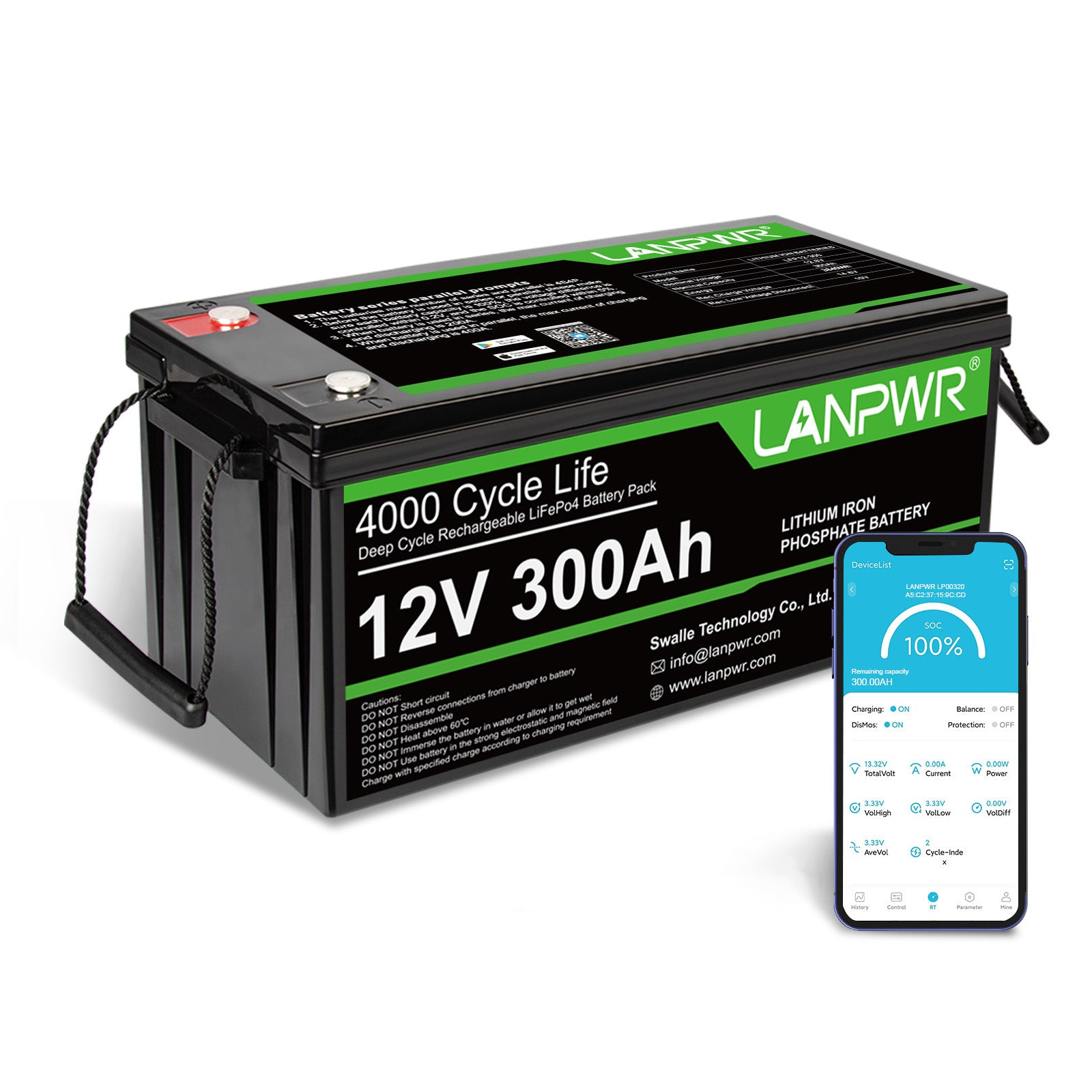
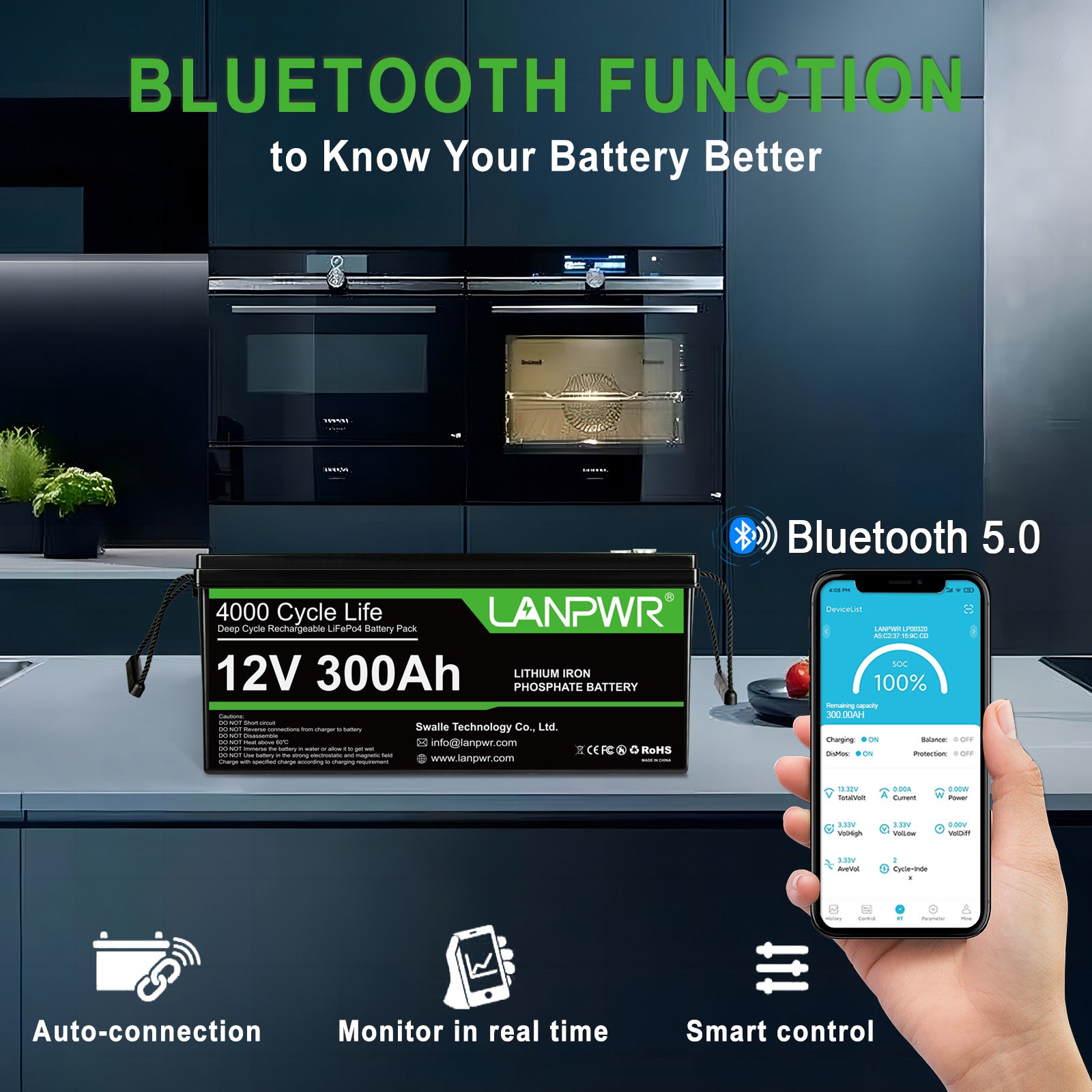
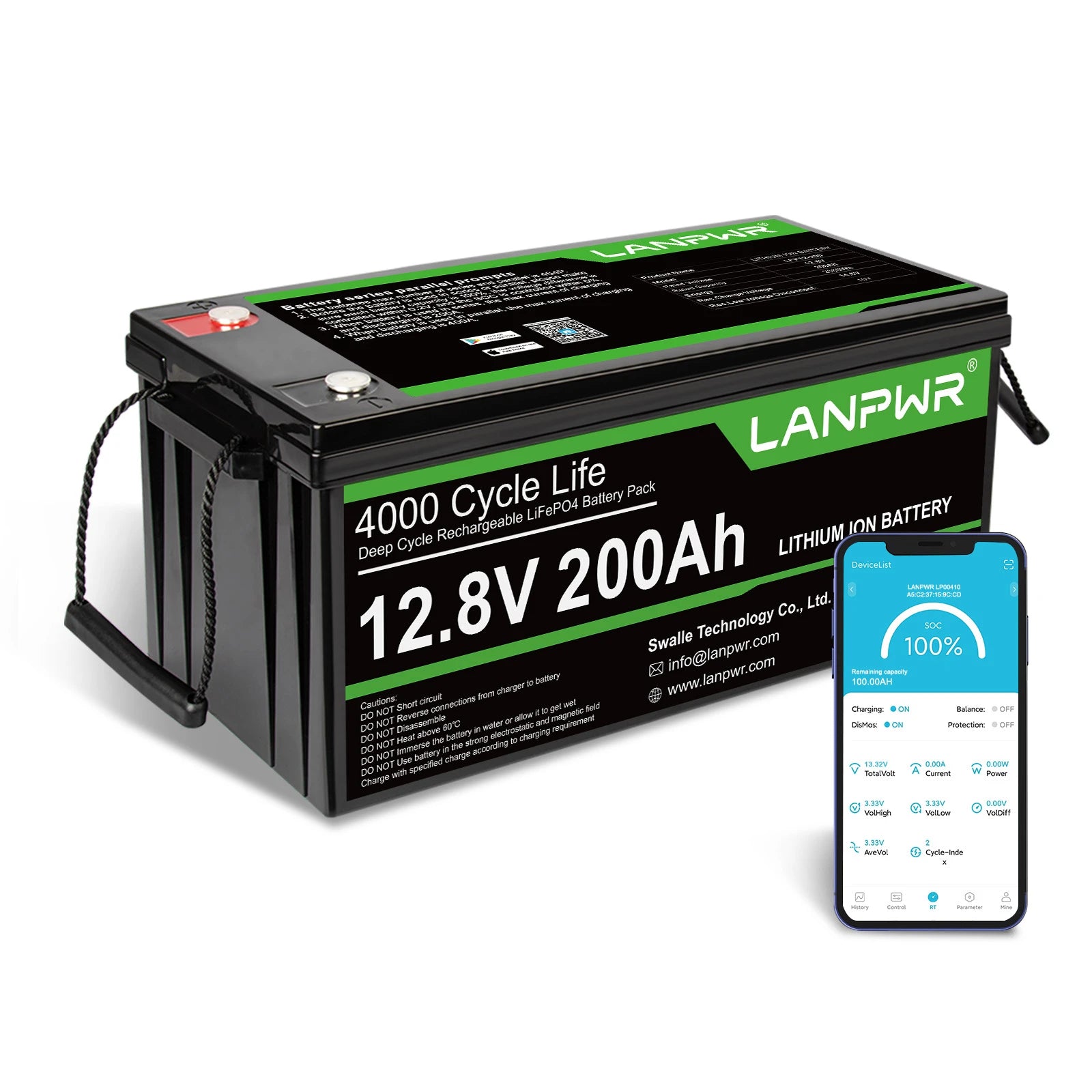
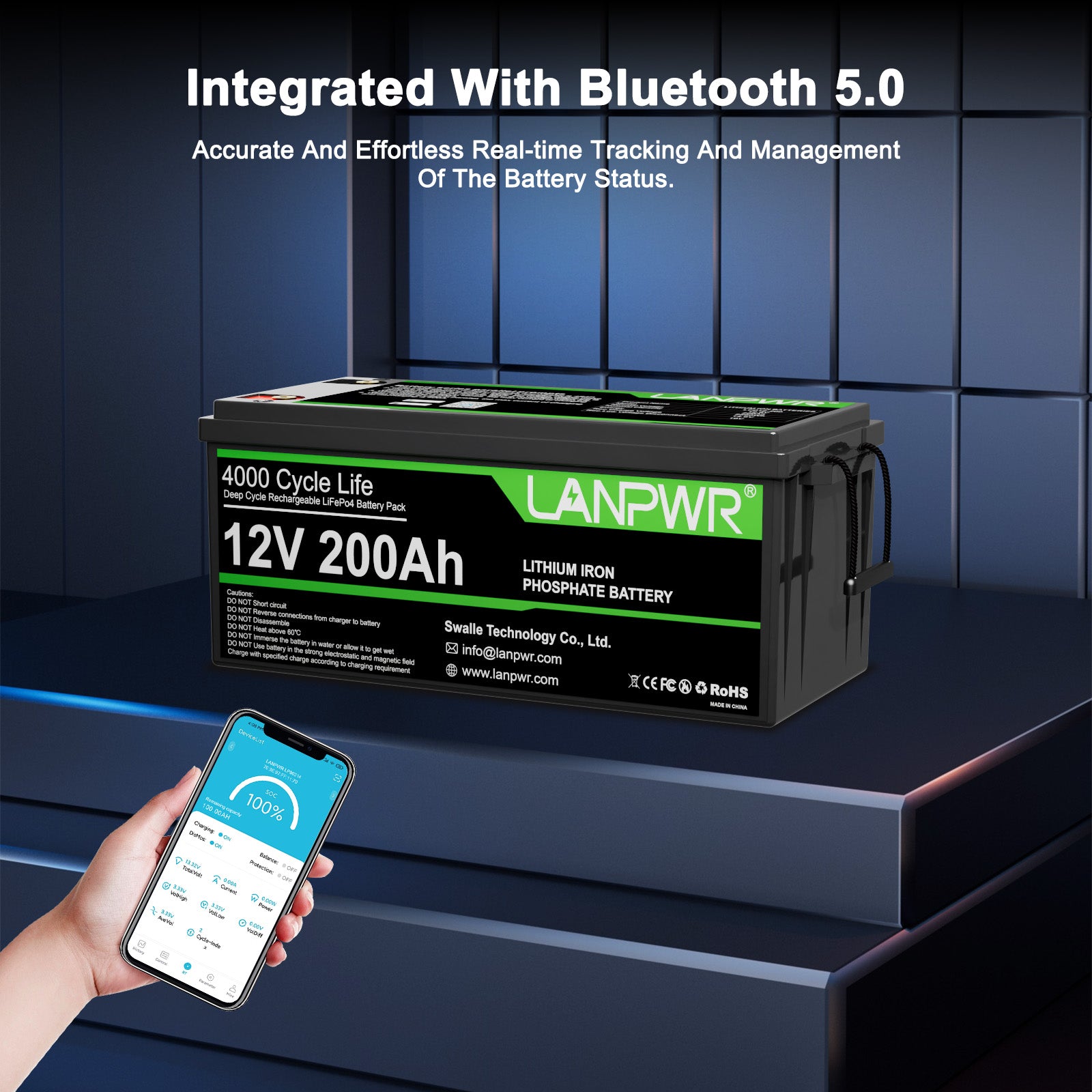
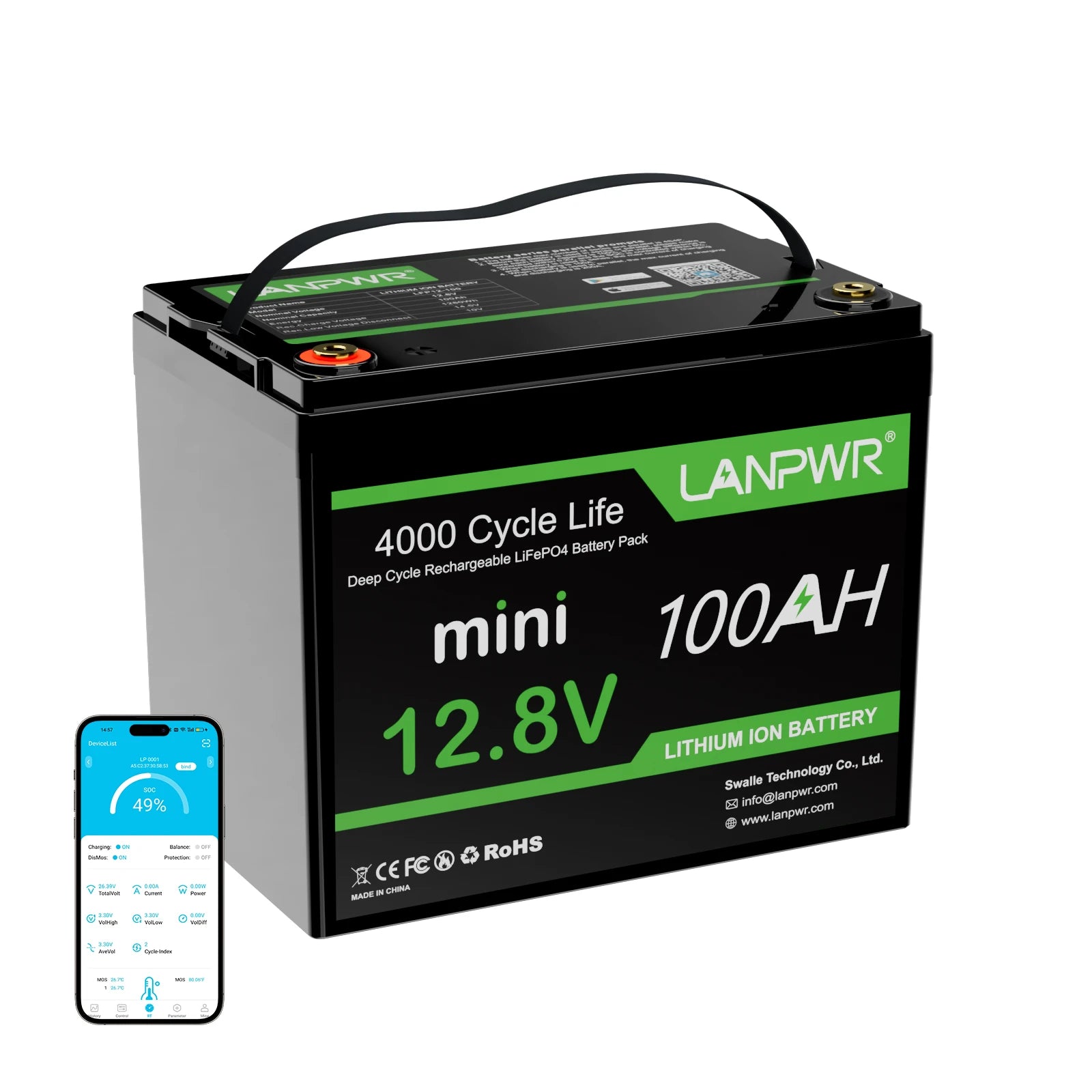

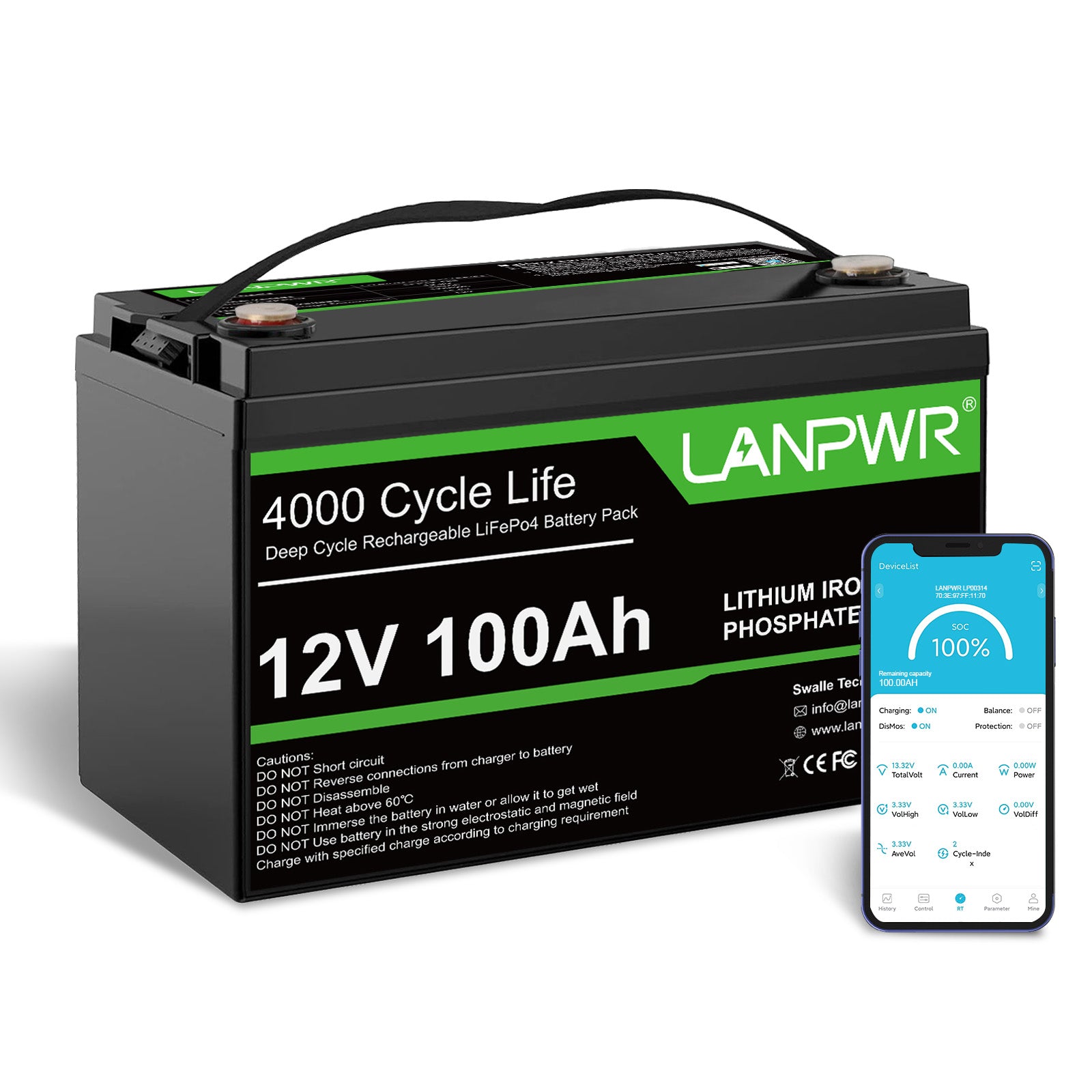

Leave a comment
This site is protected by hCaptcha and the hCaptcha Privacy Policy and Terms of Service apply.